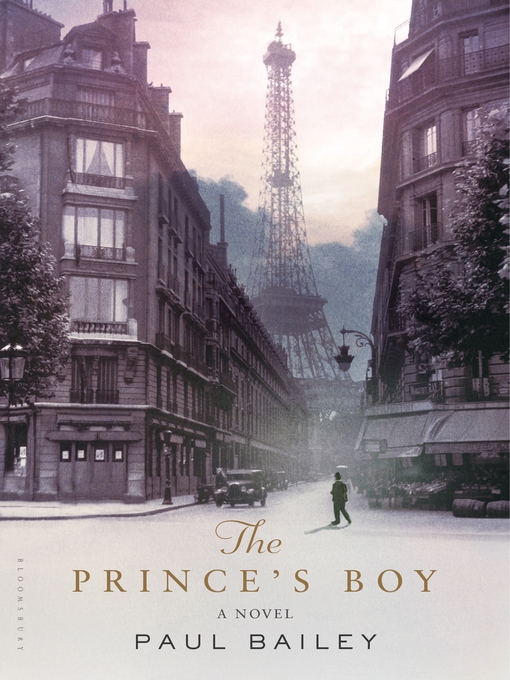- Available now
- All EBook Titles
- New eBook Additions
- New kids additions
- New teen additions
- Most popular
- Try something different
- Stephen King
- Books in Chinese
- See all ebooks collections
- Available now
- All Audiobook Titles
- New kids additions
- New teen additions
- Most popular
- Try something different
- See all audiobooks collections
- Newly Added Magazines
- News & Politics
- Food & Wine
- Crafts & Hobbies
- Sports
- Women's Lifestyle
- See all magazines collections



